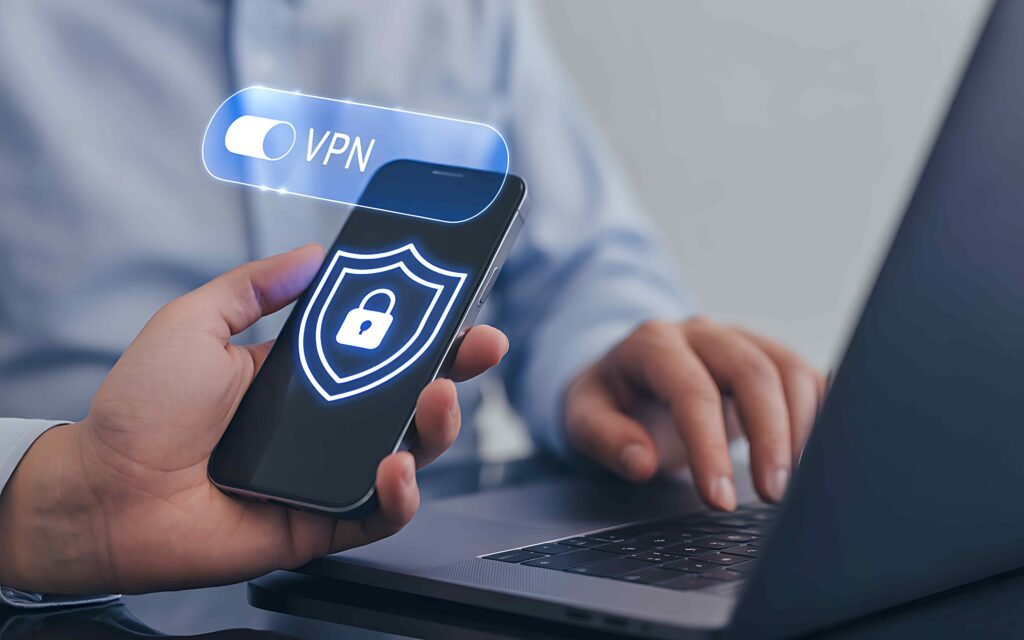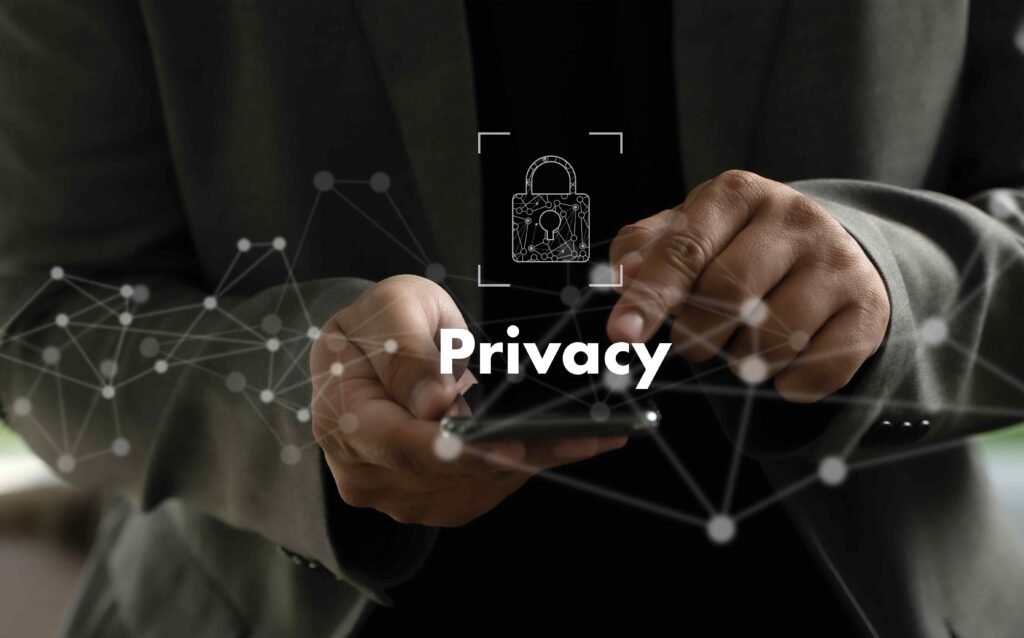Privacy laws worldwide aim to give individuals greater control over how their personal data is collected, processed, and shared online. Regulations such as the GDPR and CCPA require organizations to implement safeguards, yet digital tracking and interception threats continue to evolve.
These functions support the security and data minimization principles of modern privacy laws by limiting exposure to monitoring and profiling. This article explains how VPNs interact with online privacy laws, enabling users and organizations to make informed decisions about protecting their personal data.
Key Privacy Laws Overview
The General Data Protection Regulation governs how personal data of individuals in the European Union is collected and processed. It emphasizes lawful processing, user consent, transparency, and accountability, while requiring organizations to report data breaches within strict timelines. Noncompliance can result in penalties of up to four percent of annual global revenue, making strong security controls a legal priority.
The California Consumer Privacy Act, later expanded by the CPRA (California Privacy Rights Act), focuses on consumer rights in California. It grants residents the right to know what personal data is collected, request deletion, and opt out of the sale or sharing of their information. Unlike the GDPR, the CCPA is more rights-focused and gives consumers direct control over how their data is used.
Both laws emphasize the need for reasonable security measures to protect personal data, particularly during transmission across networks. Encryption and access controls are commonly recognized as effective safeguards under these frameworks. This shared focus on security creates a legal environment where technologies designed to reduce data exposure play an important role.
How VPNs Enhance GDPR Compliance
Under GDPR, organizations must implement appropriate technical measures to protect personal data in transit. VPNs provide strong encryption, reducing the risk of interception when data moves across public or unsecured networks. This directly aligns with GDPR’s security by design and security by default principles.
VPNs also limit the exposure of IP addresses, which are classified as personal data under European law. By masking IP addresses, VPNs reduce the risk of behavioral tracking, location inference, and unintended user identification. This added layer of protection helps organizations limit the amount of personal data exposed during routine online activity. To maximize these protections, it is essential to choose a VPN with strong security and privacy features, including no-logs policies and independent audits.
Many VPN providers promote no-logs policies, which can support data minimization goals if those claims are independently audited and verified. However, VPNs do not exempt organizations from other GDPR obligations, such as lawful processing, transparency, or consent management. Instead, VPNs function as a supplementary control that strengthens broader compliance and security strategies.

VPNs and CCPA Protections
Under GDPR, organizations must implement appropriate technical measures to protect personal data in transit. VPNs provide strong encryption that reduces the risk of interception when data moves across public or unsecured networks, aligning with GDPR’s security by design and security by default principles. VPNs also limit the exposure of IP addresses, which are classified as personal data under European law, helping reduce behavioral tracking and unintended identification.
Many VPN providers promote no-logs policies, which can support data minimization goals when those claims are independently audited and verified. However, VPNs do not exempt organizations from other GDPR obligations, such as lawful processing, transparency, or consent management. Instead, they act as a complementary safeguard that strengthens overall compliance and risk reduction efforts.
Business Compliance Benefits
From a business perspective, VPNs serve as a foundational security control across multiple regulatory frameworks. They help satisfy requirements for secure data transmission under GDPR, CCPA, and standards such as PCI DSS by encrypting sensitive information in transit. VPNs also support secure remote work by restricting network access to authorized users through encrypted tunnels, reducing exposure on unsecured home or public networks.
By lowering the likelihood of data breaches, VPNs can simplify audits, incident response, and compliance reporting processes. They may also support data sovereignty objectives when paired with regionally appropriate infrastructure and access controls. In addition, VPNs help businesses protect intellectual property, ensuring creations and proprietary content remain secure from unauthorized access. However, VPNs must be integrated with identity management, monitoring, and logging systems to be effective. On their own, they are not a complete compliance solution but a supporting component of a broader security strategy.
User Rights Empowerment
Individuals use VPNs to exercise greater control over how their data is exposed online. By masking IP addresses, VPNs limit passive tracking by advertisers and analytics platforms, reducing the amount of identifiable information shared during routine browsing. This supports the principle of informed consent by minimizing hidden data collection and unwanted profiling.
VPNs also help users maintain anonymity in sensitive situations, such as whistleblowing and protecting their identity online, by encrypting traffic and masking IPs. They may further allow access to region-specific privacy protections by preventing forced location-based restrictions applied by online services. This is particularly relevant when platforms enforce different data policies depending on jurisdiction. While VPNs do not replace legal rights or regulatory protections, they enhance practical privacy, giving users a stronger and more proactive ability to safeguard their personal data.
Limitations and Best Practices
Despite their benefits, VPNs are not a complete privacy solution. They do not eliminate cookies, browser fingerprinting, or account-based tracking that occurs at the application or browser level. For this reason, users and organizations should combine VPNs with additional privacy controls such as secure browsers, tracking protections, and consent management tools.
Choosing a reputable VPN provider is critical, particularly one with transparent policies and independent security audits. Jurisdiction also matters because provider location can influence data access and retention obligations under local laws. For GDPR considerations, providers outside extensive intelligence sharing alliances may reduce potential legal exposure. Businesses should document VPN usage within their security framework so it is clearly tied to compliance objectives. Clear policies help ensure VPNs strengthen privacy rather than create false confidence.
Conclusion
VPNs play an important supporting role in protecting privacy rights under laws like GDPR and CCPA. By encrypting data and masking IP addresses, they reduce exposure to interception and tracking. These functions align closely with legal principles such as security, data minimization, and consumer protection.
For businesses, VPNs help demonstrate reasonable technical safeguards and reduce breach risks. For individuals, they provide practical tools to limit unwanted data collection. However, VPNs do not replace legal compliance obligations or broader privacy strategies. Their effectiveness depends on provider trust, configuration, and integration with other controls. When selected and used responsibly, VPNs strengthen both legal compliance and everyday online privacy.

